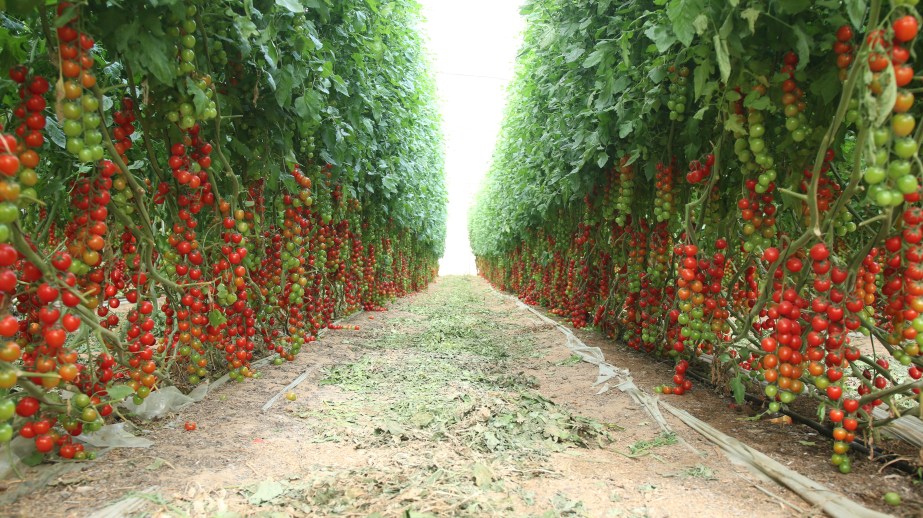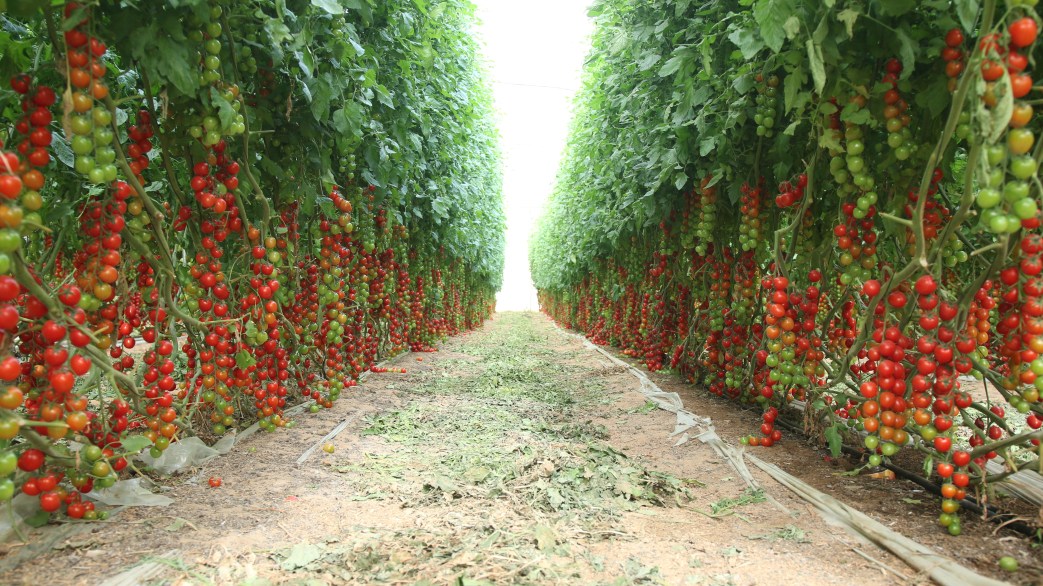By Clint Thompson
Is the Tomato Suspension Agreement reducing injury by Mexican imports to the U.S. industry? Michael Schadler, executive vice president of the Florida Tomato Exchange believes it has not and serves as the basis for the Department of Commerce (DOC) to eliminate the agreement altogether.

Schadler spoke at the Florida Tomato Conference on Sept. 13 and explained to growers and industry leaders why the request was made to eliminate the agreement in June.
“There’s a big frustration because we have something that’s caused the Tomato Suspension Agreement that’s supposed to set prices to not to go below certain levels for imports of Mexican tomatoes. When we see these low prices in the market, it’s one thing if it’s just Florida tomatoes, but when we are directly competing against Mexican imports that don’t make any rational sense to be priced at where they are, we know based on logical evidence that the suspension agreement is not working,” Schadler said.
A comment period is currently open through Oct. 23. Then the DOC will make a decision based on the information provided.
According to the U.S. Department of Agriculture Agricultural Marketing Service, the Tomato Suspension Agreement (TSA) between the DOC and signatory producers/exporters of fresh tomatoes grown in Mexico ensures that signatory producers and exporters sell Mexican tomatoes at or above the TSA reference price. This would eliminate the injurious effects of exports of fresh tomatoes to the United States.
But according to the Florida Tomato Exchange in June, five different suspension agreements have tried to stop the unfair trade practices used by Mexican tomato exporters since 1996, with each agreement proving to be completely unenforceable. The repeated failures made it clear that the Commerce Department must terminate the 2019 Suspension Agreement and impose antidumping duties on Mexican tomatoes, as required by antidumping law.
“In the past, when there’s been talk about getting rid of the suspension agreement, it has always led to a renegotiation, trying to find new ways to improve enforcement, improve monitoring, make it actually work how it’s supposed to; but this time’s different,” Schadler said. “Part of the reason it’s different is in 2019, we actually used a provision in the trade law to get the investigation that had been suspended all of these years to be fully completed and fully adjudicated by the Commerce Department and also by the International Trade Commission.
“The dumping margin rate was found to be on average at 21%. Now, the thing that’s being suspended by the current agreement are anti-dumping duties that would be imposed on all imports of Mexican tomatoes whereas before the thing that was being suspended was just the investigation itself. If the Commerce Department agrees with us that the thing is not working and it should be terminated, there will be immediate duties imposed upon Mexican imports. That’s what we’re asking for.”
Schadler noted that in 1994, the U.S. tomato industry accounted for 80% of the market in the United States. That number decreased to 35% in 2023, while Mexico’s share has ballooned to 60%.
The Agreement, which was updated effective September 19, 2019, applies to all fresh and chilled tomatoes except tomatoes for processing.











